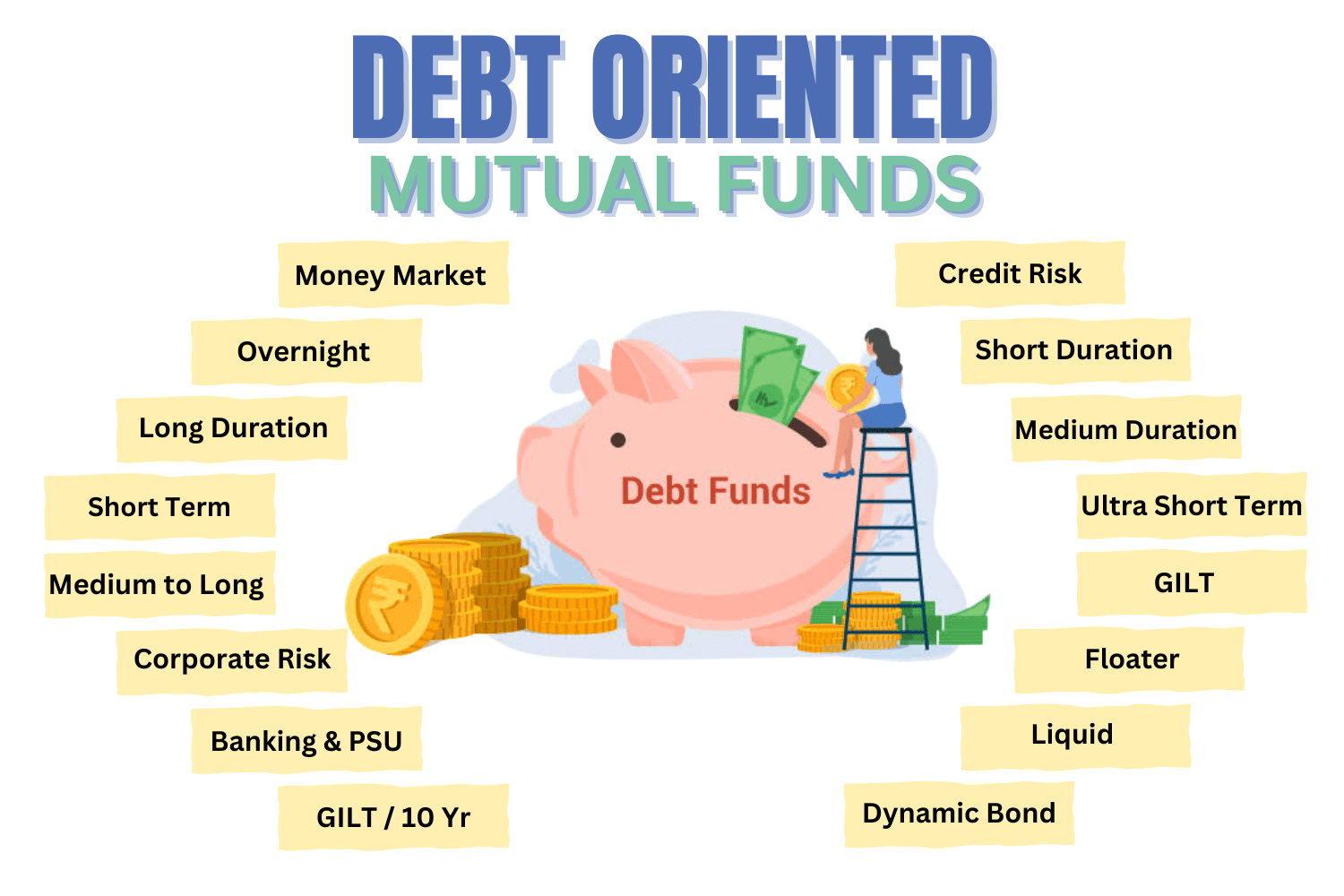
Fear and greed are the two emotions that have the strength to build strong wealth when you can control them without getting affected.
“Be fearful when others are greedy.” – By Warren Buffett
Fear
That sinking feeling when the market“ dips—“What if I lose everything?”
It’s a completely natural reaction. When prices start to fall, fear creeps in. We imagine the worst-case scenarios, and suddenly, pulling out seems safer than staying in.
But here’s the catch — acting out of fear often leads to selling at a loss, locking in what might’ve just been a temporary dip.
Greed
The flip side of the coin. The market starts climbing, and we start dreaming — “This is my moment. I’m going to ride this wave to massive profits!” Greed pushes us to take more significant risks, throw in more money, and sometimes ignore the fundamentals.
But when we chase gains blindly, we end up buying at the peak — just before the next fall.
So, how do these emotions impact us?
A. Fear – The Silent Wealth Killer
1. Exiting Too Early – Selling When You Should Be Buying
When markets crash, our instinct is to run.
But that’s exactly when opportunities are born.
Think of it like a clearance sale — would you stop shopping because prices are low? Of course not. That’s when smart investors buy, not sell.
What fear does:
It makes you exit at a loss, even though the market is undervalued and likely to bounce back.
Result: You lock in your losses and miss the recovery.
2. Impulse Over Strategy – Panic Override Planning
Fear rarely gives you time to think. It pushes you into “do something now!” mode, even if it’s the wrong move.
You might have spent months creating a solid investment plan.
But in one emotional moment, fear can make you throw it all away.
What fear does:
It replaces rational thought with reaction.
Result: You break your own rules and make decisions that you’ll regret.
3. Losing the Long-Term Vision – Forgetting How the Market Works
Zoom out. Historically, the stock market has always recovered. Whether it’s the 2008 financial crisis or the 2020 pandemic crash, the market eventually bounced back strong.
But fear makes you forget that. It traps you in the now.
What fear does:
It convinces you that this time is different, even when it’s not.
Result: You give up on a long-term plan that was designed to build real wealth.
4. Options Trading? Fear Hits Harder Without a Plan
Options trading can be powerful, but it’s also risky. If you trade without a risk-reward system, fear will dominate your decisions.
It makes you overthink, close trades too early, or hold losing ones too long.
What fear does:
It breaks your discipline — and in options, that’s a fast way to lose money.
Result: 9 out of 10 trades go against you if you’re not emotionally prepared.
5. The Trap of False Hope – Holding for Too Long (Emotions of Fear)
Ironically, fear doesn’t always make you sell. Occasionally, it makes you hold. You’re afraid of realising a loss, so you convince yourself:
“It’ll come back… I just need to wait.” But sometimes, the best decision is to cut your losses.
What fear does:
It keeps you stuck in bad trades, hoping for a miracle instead of using logic.
Result: You stay invested in something with a low probability of recovery, just to avoid facing a loss.
The Takeaway
Fear is natural, but dangerous if unmanaged.
It can make you miss opportunities, destroy your strategy, and keep you stuck in poor decisions.
The secret?
1. Stick to your plan.
2. Build emotional discipline.
3. Trust the long-term process.
Talking about fear, everyone has a fear of emergencies in life. Read how to build Emergency Funds here.
B. Greed – The Shiny Trap That Clouds Your Judgment
1. Chasing Quick Profits – “This Time, I’ll Make It Big”
When the market starts going up, emotions kick in hard, that’s greed.
You start thinking, “If I invest more now, I’ll double my money in no time!” We ignore risk. Then throw discipline out the window.
You want gains — and you want them fast.
What greed does:
It tempts you to go all-in without a plan.
Result: You may catch the peak and crash just as fast.
2. Ignoring the Exit – Holding for “Just a Bit More”
Greed makes it hard to exit even when you’re in profit.
You think: “Let me ride this just a little longer…”
And suddenly, that gain vanishes as the market reverses.
What greed does:
It delays your decision-making, even when you’ve already won.
Result: You risk losing profits you could have easily secured.
3. Overconfidence in a Rising Market
When everything’s going up, it feels like you can’t lose.
Greed makes you feel invincible.
But remember: markets don’t rise forever.
And what goes up too fast usually comes down even faster; it’s just these emotions fooling you.
What greed does:
It tricks you into thinking you’re a genius.
Result: You stop doing research, take reckless bets, and ignore warning signs.
4. No Risk-Reward System = Disaster (Especially in Options)
In options trading, greed without structure is dangerous.
You might take on risky trades, thinking the payoff will be huge, without calculating the downside. You get into trades hoping for a jackpot… But you’re gambling, not investing. Emotions decide your returns here.
What greed does:
It blinds you to the risks you’re taking.
Result: 9 out of 10 trades go against you without a proper risk-reward system.
5. Holding Losing Trades Out of Greedy Hope
Ironically, greed can make you hold losing trades too long, because you want them to turn around.
You think, “It’ll bounce back, and I’ll still make a profit.”
But the market doesn’t care what you want.
It moves on logic, not your hopes.
What greed does:
It convinces you to stay invested when you should cut your losses.
Result: Small losses become big ones, all because you chased a fantasy.
The Takeaway
Greed can be as dangerous as fear.
It clouds your judgment, tempts you into overtrading, and makes you ignore logic.
The key?
1. Stay grounded.
2. Stick to your system.
3. Take profits with discipline.
4. Remember — wealth is built slowly and strategically.
More about fear and greed in terms of Warren Buffet when it comes to the stock market.





